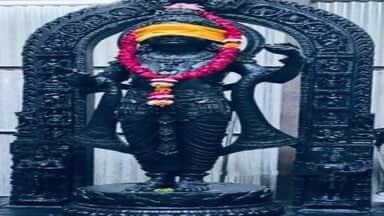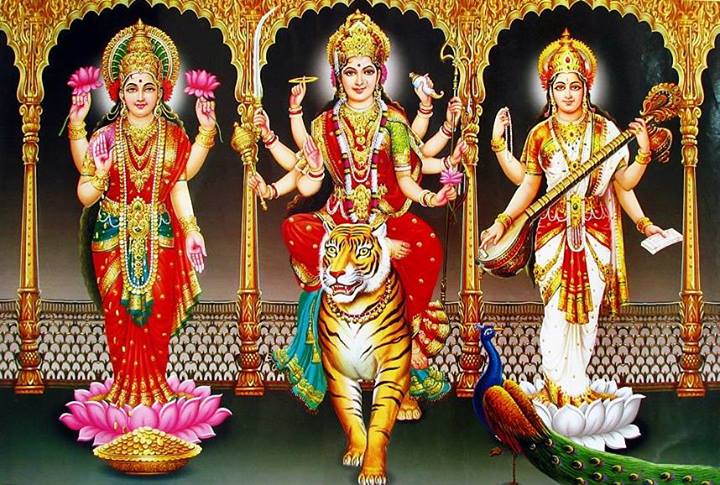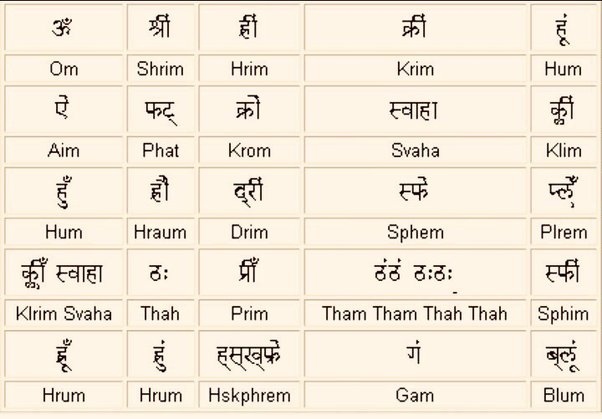The connection between the Greeks and Sanatana Dharma ,Hinduism goes back a long time.
The Vedic Literature,Puranas, Tamil Sangam Literature and Tamil Epics speak of Greeks, their riches and their valor.
It is also noted that the Greeks lived among the Vedic Hindus.

The Greeks participated in the Kurikshetra War along with Duryodhana on the advice of Karna.

The Greeks were known as Yonas and Yavanas.
The Yavanas, Greeks were a part of those people considered as Mielchas, meaning those who strayed from the Vedic Dharma.
Thee were initially following the Sanatana Dharma.
They had caste system along the lines of Hinduism.
Many of them were considered to be Kshatriyas and Vaisyas.
‘
Yavanas were described to be beyond Gandhara. There was another country mentioned in the epic as Parama Yona, in the far west of Yavana. This could be the Ionia ofGreece, somehow related to Indian Ionians or Yavanas. The name Yavana could be the Sanskritized form of the name Ionia. Yavanas, Sakas, Pahlavas and Hunas were sometimes described as Mlechhas. Sometimes along with them, the Madras, Kambojas, Kekeyas, Sindhus and Gandharas were included. This name was used to indicate their cultural differences with the Vedic culture, prevailed in the Kuru-Panchala Kingdoms.
“… in the ports of southern India, where the early Tamil poems of uncertain date speak of a settlement of the Yavanas.”(1) The same author (2) does not follow the assumption that Yavanas were Roman traders, although she points out that between the first-second cent BC up to and included the third-fourth cent AD, rightly or wrongly “the term yavana denoted an Ionian Greek”.(3) On pages 83–5 she makes mention of early Indian literature where foreigners were dubbed “yavana”, and points to an Asokan inscription where a border-people is given this appellation. In central and western India, she says, Yavana “figure prominently as donors to the Buddhist Sangha”.(4)
(1) H.P.Ray, The Winds of Change, Delhi, 1994:49, 84; (2) ibid p. 52; (3) ibid p. 54; (4) ibid p. 84..
Thus the Vedic society acknowledged their extra ordinary skills, but kept them as outcasts. An account in the epic depicts Yavanas as the descendants of Turvasu, one of the cursed sons of king Yayati. Only the fifth son Puru’s line was considered to be the successors of Yayati’s throne, as he cursed the other four sons and denied them kingship. Pauravas inherited the Yayati’s original empire and stayed in the Gangatic plain who later created the Kuru and Panchala Kingdoms. They were the followers of proper Vedic culture.
- Yavana was the name of one of the sons of Maharaja Yayati who was given the part of the world known as Turkey to rule. Therefore the Turks are Yavanas due to being descendants of Maharaja Yavana. The Yavanas were therefore kshatriyas, and later on, by giving up the brahminical culture, they became mleccha-yavanas. Descriptions of the Yavanas are in the Mahabharata (Adi-parva 85.34). Another prince called Turvasu was also known as Yavana, and his country was conquered by Sahadeva, one of thePandavas. The western Yavana joined with Duryodhana in the Battle of Kurukshetra under the pressure of Karna. It is also foretold that these Yavanas also would invadeIndia in the Kaliyuga . (Srimad Bhagavatam 2.4.18 [1])
It later proved to be true in 326 BC.
Among the tribes of the north and west are the Mlecchas, and the Kruras, the Yavanas, the Chinas, the Kamvojas, the Darunas, and many Mleccha tribes; the Sukritvahas, the Kulatthas, the Hunas, and the Parasikas; the Ramanas, and the Dasamalikas. These countries are, besides, the abodes of many Kshatriya, Vaisya, and Sudra tribes. Then again there are the Sudra and Abhiras, the Dardas, the Kasmiras, and the Pattis; the Khasiras; the Atreyas, the Bharadwajas etc. (6:9)
King Yayati a king of the Lunar Dynasty is mentioned to have 5 sons, all of whom became the founders of many royal dynasties.
The sons of Yadu are known by the name of the Yadavas: while those of Turvasu have come to be called the Yavanas. ..
‘
The word “Yona” in the Pali language, and the analogues “Yavana” in Sanskrit; “Unan” in Urdu and “Jôbon” in Bengali, are words used in the ancient Indus Valley to designate Greek speakers. “Yona” and “Yavana” are transliterations of the Greek word for “Ionians” (Homeric Greek: Iaones, Ancient Greek: *Iawones), who were probably the first Greeks to be known in the East.
The Yavanas are mentioned in the Buddhist discourse of the Middle Length Sayings, in which the Buddha mentions to the BrahmanAssalayana the existence of the Kamboja and Yavana people who have only two castes, master or slave. The direct identification of the word “Yavana” with the Greeks at such an early time (6th-5th century BCE) can be doubted.[1]
Examples of direct association of these with the Greeks include:
- The mention of the “Yona king Antiochus” in the Edicts of Ashoka (280 BCE)
- The mention of the “Yona king Antialcidas” in the Heliodorus pillar in Vidisha (110 BCE)
- King Menander and his bodyguard of “500 Yonas” in the Milinda Panha.
- The description of Greek astrology and Greek terminology in the Yavanajataka (“Sayings of the Yavanas”) (150 CE).
- The mention of “Alexandria, the city of the Yonas” in the Mahavamsa, Chapter 29 (4th century CE).
In Sanskrit sources, the usage of the words “Yona”, “Yauna”, “Yonaka”, “Yavana” or “Javana” etc. appears repeatedly, and particularly in relation to the Greek kingdoms which neighbored or sometimes occupied the Punjab territories over a period of several centuries from the 4th century BC to the 1st century AD, such as the Seleucid Empire, the Greco-Bactrian kingdom and the Indo-Greek kingdom.[citation needed] The Yavanas are mentioned in detail in Sangam literature epics such as Paṭṭiṉappālai, describing their brisk trade with the Cholas in Tamilakam.
The Legend of Krishna along with Balarama, Greek Ambassador worshiping Vishnu, establishing a Stupa In India being worshiped in Greece ma by found in this site under Hinduism.
Citation.
http://en.wikipedia.org/wiki/Yona
http://en.wikipedia.org/wiki/Yavana_Kingdom






Leave a comment